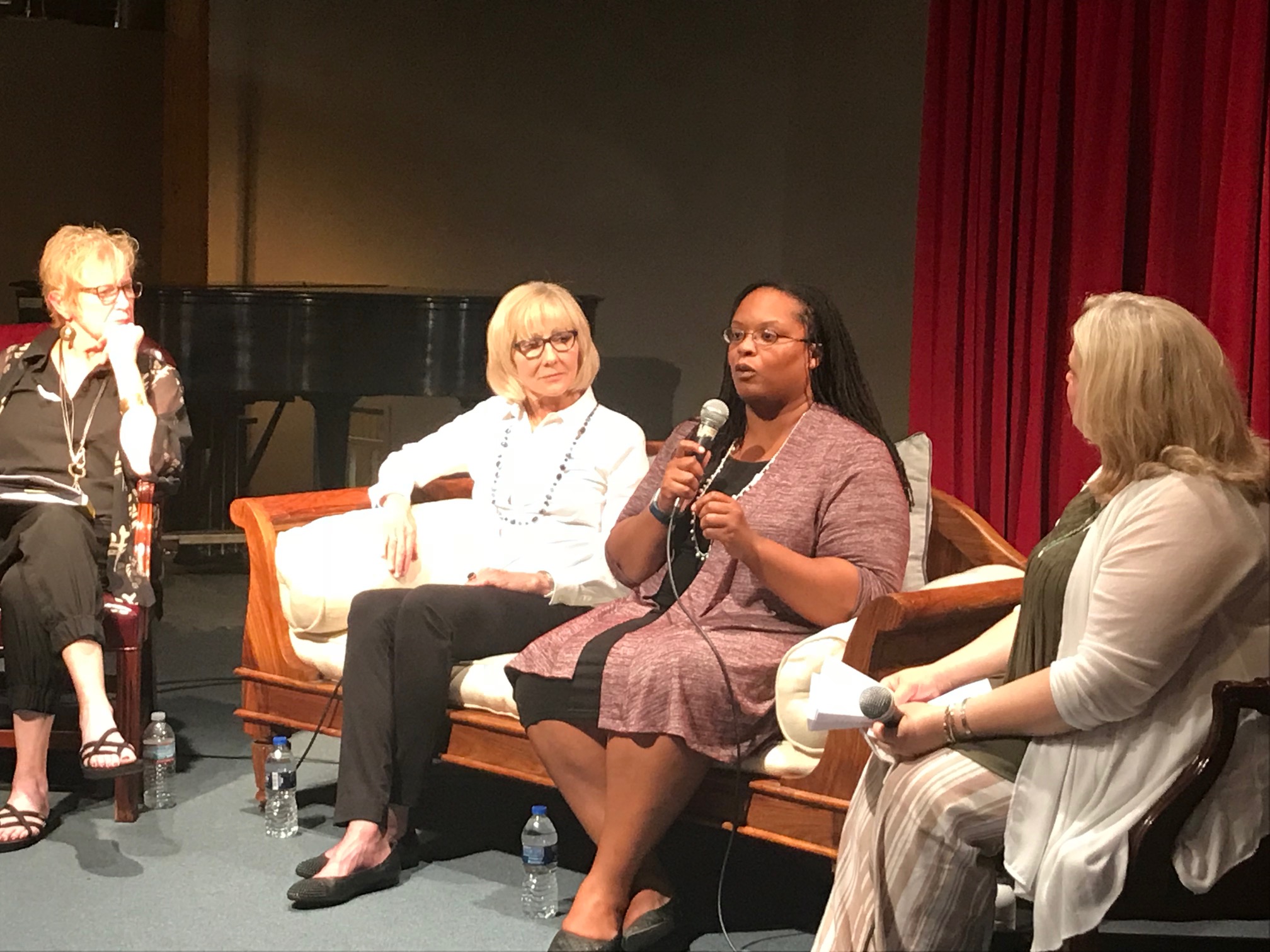"Ok, Screwnomics, here's a story of how the economy works against women. As a single mother, graduate student, I had more income from student loans, food stamps and fuel assistance than I do working full time as a mental health therapist. I fall into the gray area, the 'cliff' where people fall off - where you earn too much to qualify for assistance, and too little to pay the bills. So—am I being forced to share housing with a workingman, so that I can pay the bills? What if I prefer to be independent?"
Good question, Cliffhanger! We know some earnest souls believe the best welfare reform is marriage—your taxes even helped pay for programs, dangling this solution. But we’re with you. Even should you marry, you’re wise to want independence. Economic vulnerability is a gateway to other risks.
One clue you mention is that word “mother.” There’s evidence that moms, especially single ones, are the worst paid of anyone, regardless of their field, regardless of education. Mom’s Rising names it The Motherhood Penalty. We looked up the starting pay for mental health therapists and found it was about $42,000 a year. Assuming a 40-hour workweek, that’s about $20 an hour, before taxes. Your contract could well be less.
Then we went to the MIT Livable Wage calculator that estimates basic costs for living, which varies in all 50 states. We looked at Vermont (where WE live) and saw an adult living with one child annually needs $13,511 for housing; $7593 for transportation; $8209 for childcare, and $6871 for medical insurance and copays. Your livable wage here would be: $45,660. Just losing your childcare alone costs an arm and a leg. Jana Kasperkevec at The Guardian suggests that minimum wage legislation needs always to be considered in tandem with the benefit “cliff” that too many learn about the hard way.
Are there ways to preserve benefits to help moms and young people bridge to better paying jobs? Are there some benefits, like food stamps or childcare, that should be more universally subsidized—and with living wages for child care providers? (They’re often on welfare, like fast food workers.) Could the government provide a universal cash allowance for the time and care families invest in readying the “next generation” of our nation? You can learn more about Eleanor Rathbone and England’s “Mother’s Allowance” and other solutions in Screwnomics.
Livable wages need to be more widely understood by state legislators and business organizations, the public and the private sector—and also by students who are taking out loans. Stagnant and shrinking wages have been the majority’s lot since 1970, and the recent tax cut for corporations? It should have been a tax cut for mental health therapists. If this keeps up, more Americans will need your help!
We believe EconoGirlfriend peer groups and problem solving can make a difference—thanks so much for sharing here.
Hey readers, can you relate? Do you have a story to share? Tell us here!









